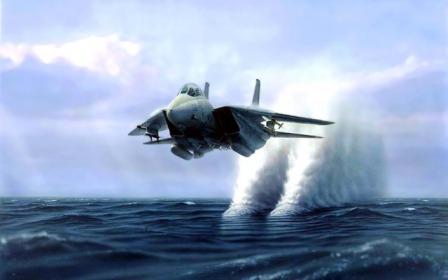
LONDON (PTI): Researchers are developing a new technology that enables the exterior of aircraft to "feel" damage or injury in a way similar to human skin and could warn engineers of potential problems.
The technology, being developed by BAE Systems, a British multinational defence, security and aerospace company, works by covering the entire body of a plane with tens of thousands of micro-sensors, and will be able to detect problems before they occur.
The devices could measure wind speed, temperature, strain and movement, 'BBC News' reported.
Senior research scientist Lydia Hyde, who came up with the technology, said the idea came to her while watching her tumble dryer, which uses a sensor to prevent overheating.
"Observing how a simple sensor can be used to stop a domestic appliance overheating got me thinking about how this could be applied to my work and how we could replace bulky, expensive sensors with cheap, miniature, multi-functional ones," she said.
"This in turn led to the idea that aircraft, or indeed cars and ships, could be covered by thousands of these motes creating a 'smart skin' that can sense the world around them and monitor their condition by detecting stress, heat or damage," she added.
The sensors which might be as small as dust particles and have their own power source, could even be sprayed on to an aircraft like paint.
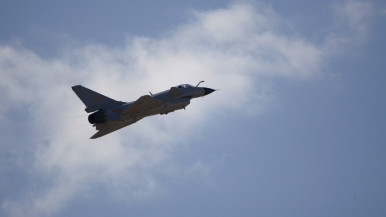 Previous Article
Previous Article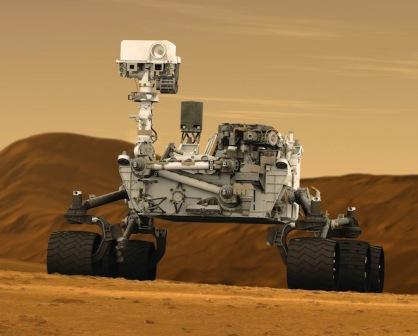 Next Article
Next Article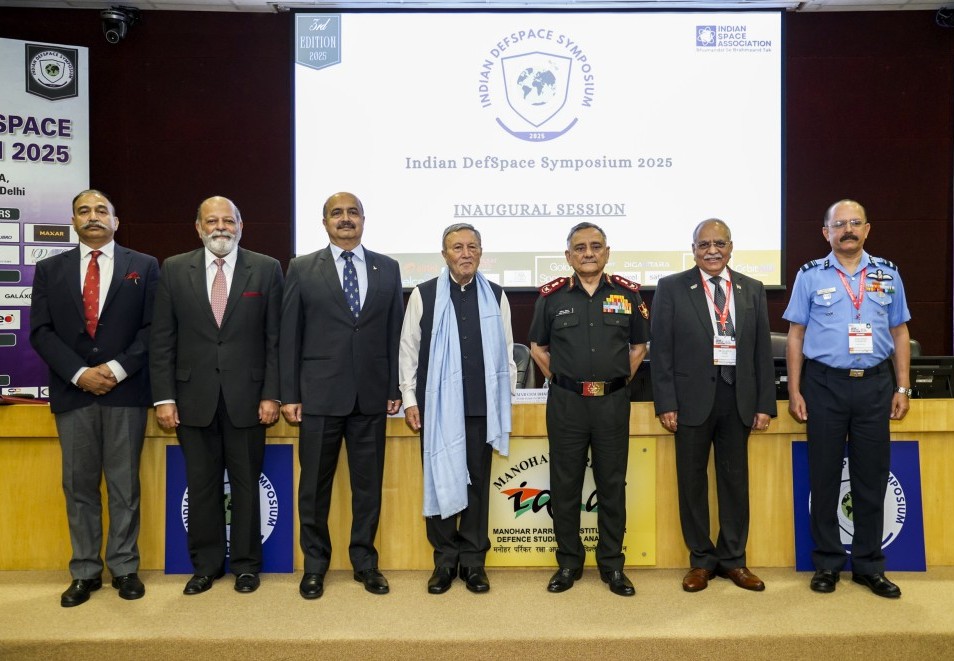
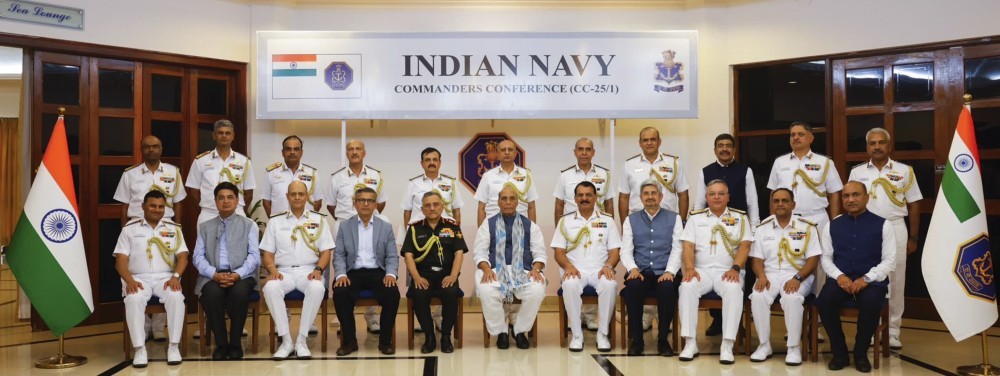

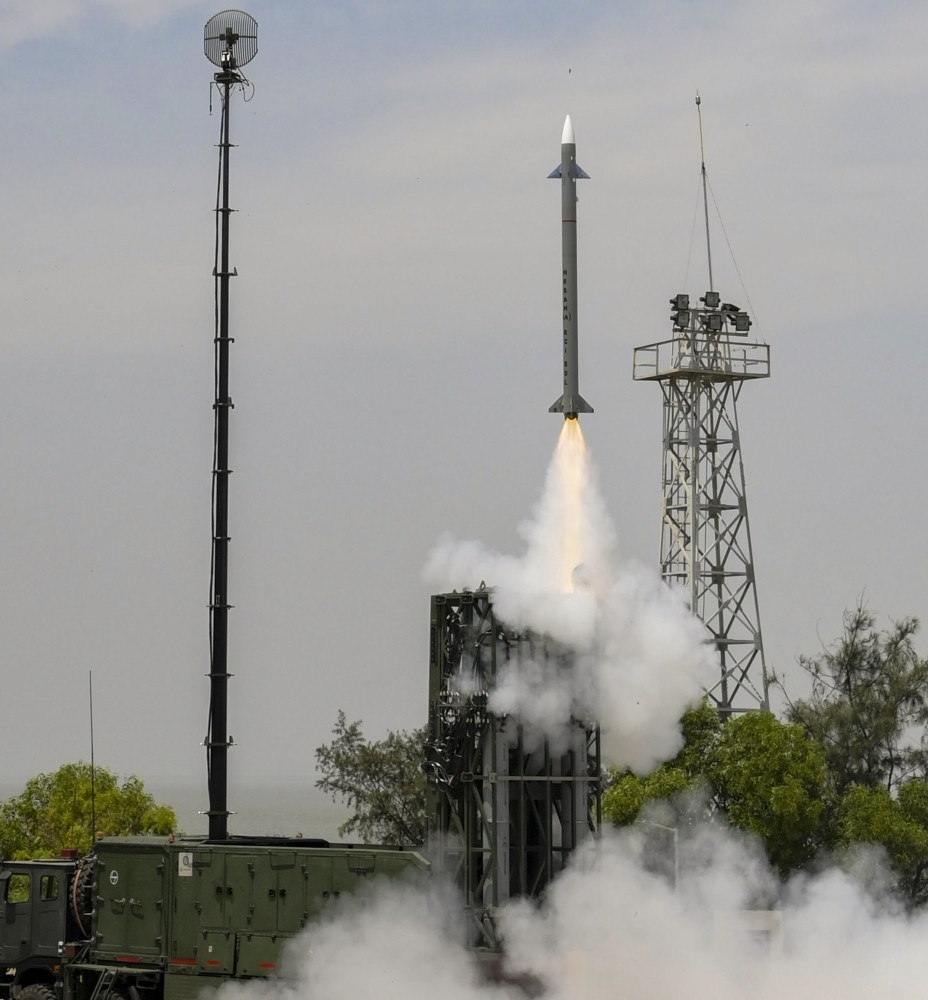










The Indian Air Force, in its flight trials evaluation report submitted before the Defence Ministry l..
view articleAn insight into the Medium Multi-Role Combat Aircraft competition...
view articleSky enthusiasts can now spot the International Space Station (ISS) commanded by Indian-American astr..
view article